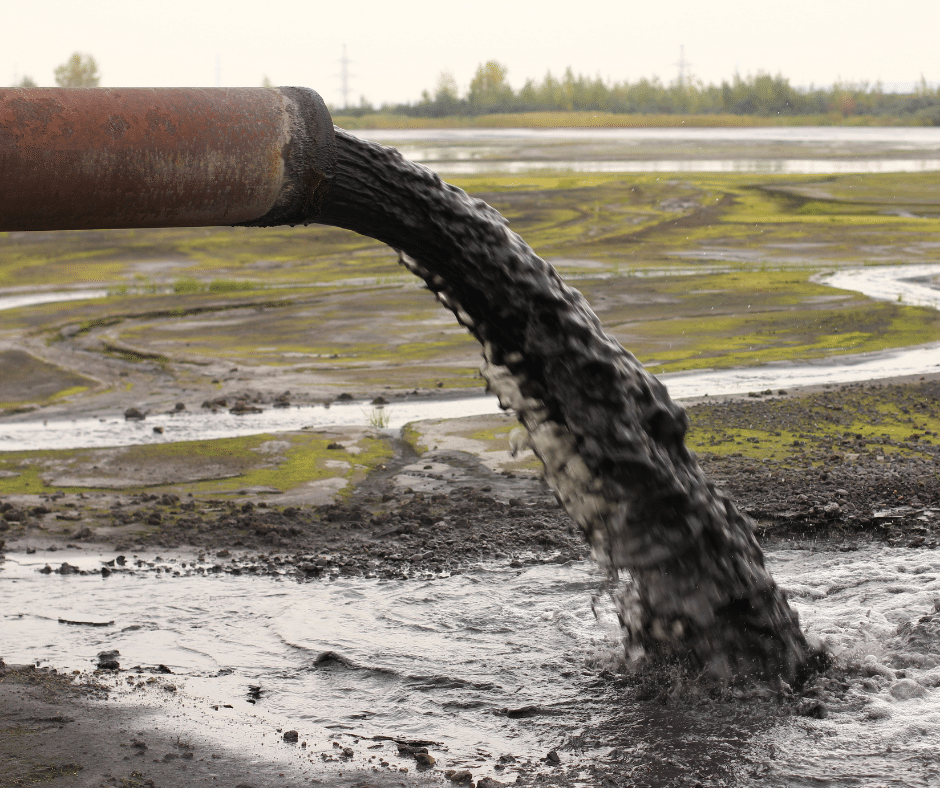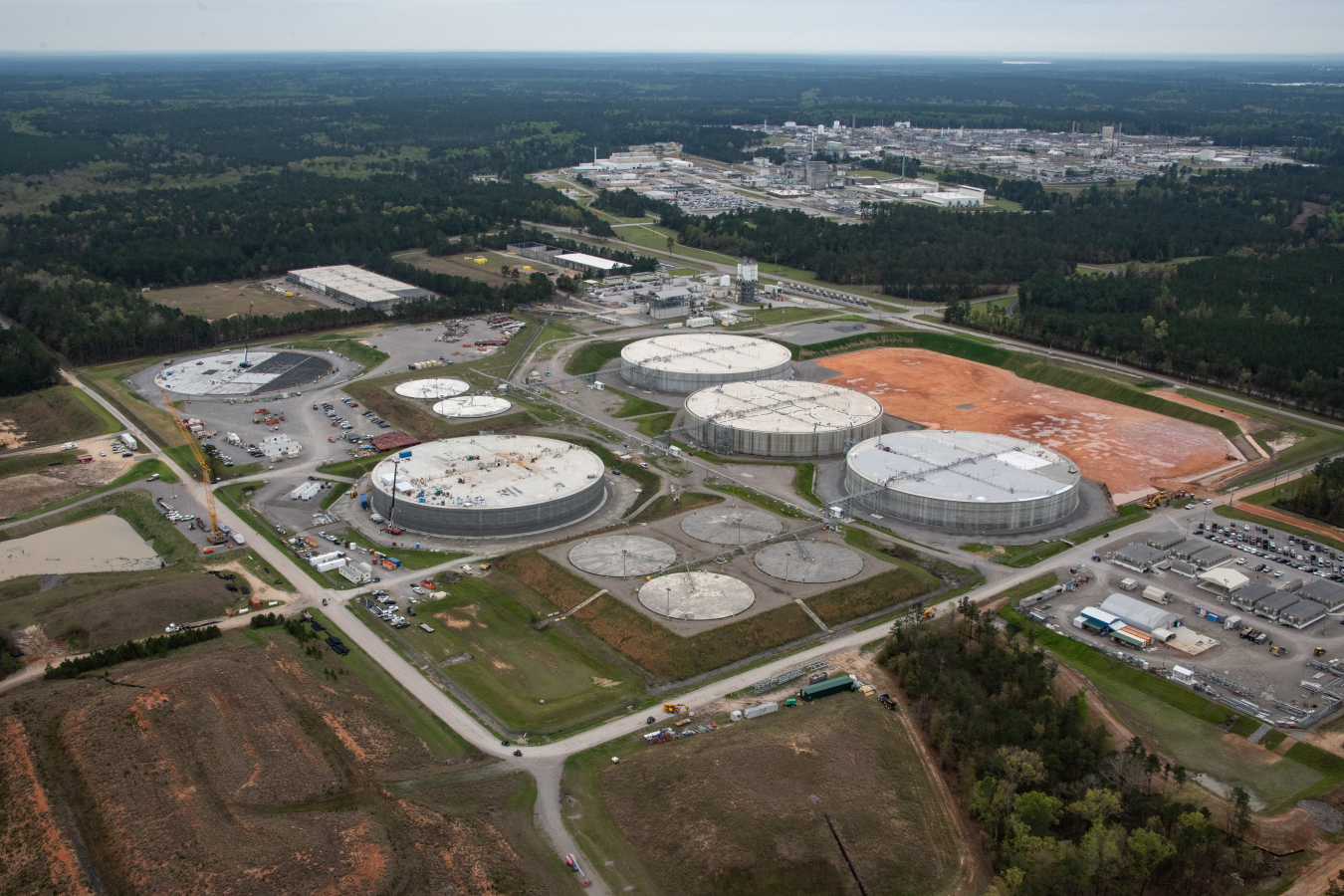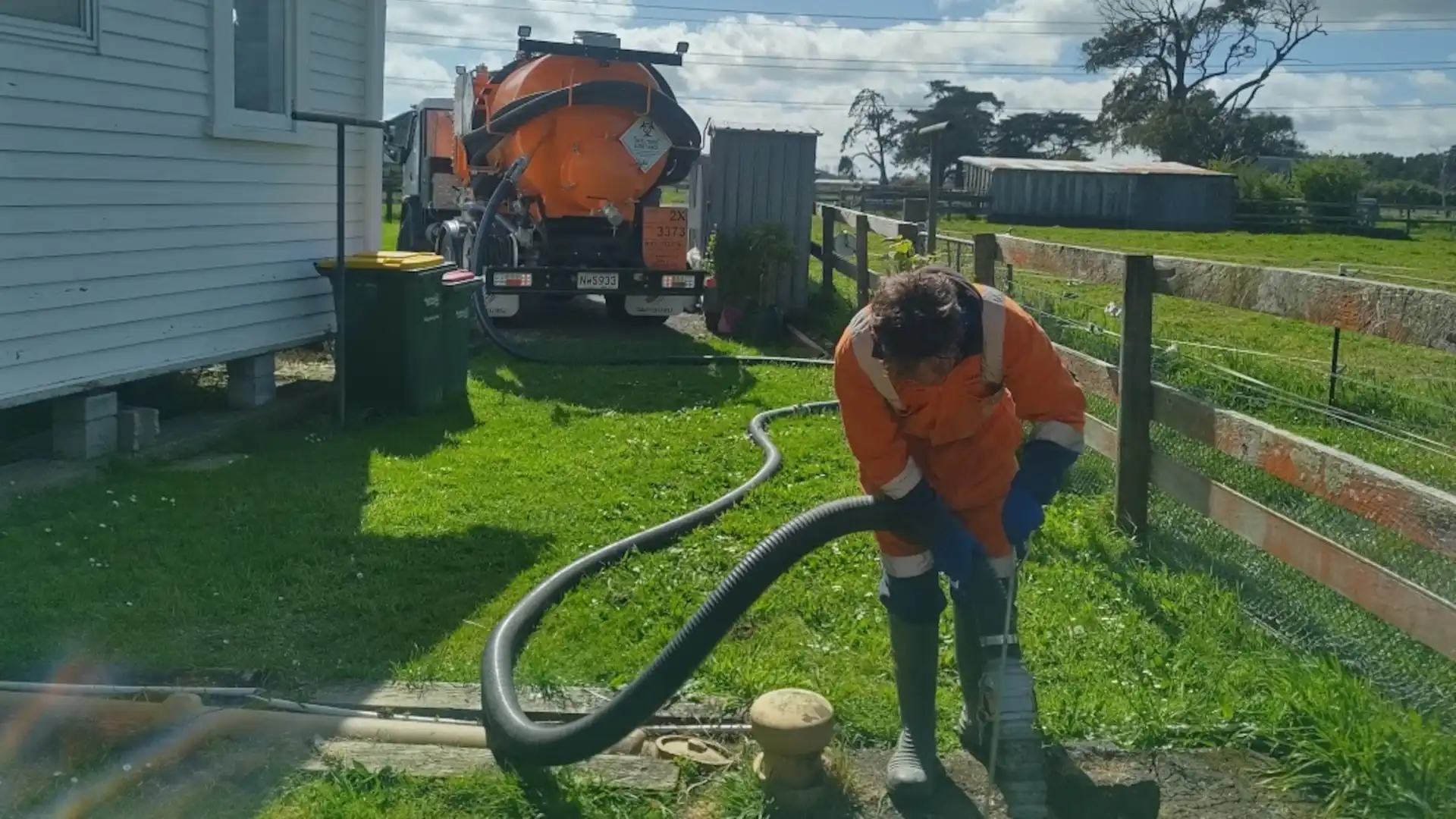Just How Liquid Waste Disposal Functions: A Detailed Review of Techniques and Technologies Employed

Overview of Fluid Waste Types
The complexity of liquid waste types necessitates a complete understanding of their qualities and implications for disposal. Liquid waste can broadly be classified right into several types, including industrial, community, farming, and contaminated materials. Each category exhibits distinct residential properties, calling for details administration methods to alleviate ecological and health dangers.
Industrial liquid waste stems from making processes and commonly contains a variety of contaminants, such as heavy metals, solvents, and organic compounds. Community liquid waste, mostly consisting of wastewater from houses and industrial establishments, consists of organic issue, nutrients, and microorganisms (industrial wastewater treatment). Agricultural liquid waste, including runoff from ranches, might have plant foods, pesticides, and pet waste, positioning dangers to water high quality and environments
Hazardous fluid waste is identified by its poisoning, reactivity, or prospective to cause injury. Understanding these varied liquid waste types is important for creating effective disposal techniques and making certain conformity with environmental policies.
Physical Therapy Techniques

Testing is the preliminary step, where larger fragments and particles are eliminated from the liquid waste making use of displays or grates. In sedimentation tanks, larger particles clear up at the bottom, forming a sludge layer, while the made clear fluid can be additional dealt with.
Filtration is an additional important technique that involves passing the fluid with permeable materials, such as sand or membranes, to record smaller fragments. This action improves the quality of the fluid, making it ideal for subsequent therapy processes.

Chemical Therapy Strategies
Chemical treatment methods are important for efficiently taking care of fluid waste, especially in addressing dissolved and colloidal pollutants that physical methods might not adequately eliminate. These techniques use numerous chemical agents to neutralize, precipitate, or transform unsafe compounds into much less unsafe forms.
One common method is coagulation and flocculation, where chemicals such as alum or ferric chloride are included in advertise the gathering of suspended bits. This procedure boosts sedimentation, enabling much easier removal of the resulting sludge. Additionally, oxidation processes, employing agents like chlorine or ozone, are employed to break down complicated organic compounds and virus, making the waste safer for discharge or additional therapy.
Neutralization is one more crucial method, which readjusts the pH of acidic or alkaline waste streams to neutral degrees, protecting against potential injury to downstream systems and the environment. In addition, advanced oxidation procedures (AOPs) utilize combinations of oxidants and ultraviolet light to break down consistent contaminants, attaining a higher degree of treatment content effectiveness.
Organic Therapy Procedures
Organic therapy procedures play an essential duty in the management of fluid waste by using microorganisms to break down raw material and reduce contaminant levels. These processes can be broadly classified right into anaerobic and aerobic therapies, each utilizing certain microbial areas to attain effective waste deterioration.
Aerobic treatment entails using oxygen to facilitate the malfunction of natural products by bacteria. This process is frequently applied in turned on sludge systems, where oygenation containers offer a helpful setting for microbial development, leading to the oxidation of natural pollutants. The resultant biomass can be divided from dealt with effluent via sedimentation.
On the other hand, anaerobic therapy takes place in the absence of oxygen, depending on different microorganisms to damage down natural issue. This technique is specifically helpful for high-strength waste, as it produces biogas, a renewable resource source, while decreasing sludge manufacturing. Technologies such as anaerobic digesters are often used in commercial and community applications.
Both anaerobic and aerobic organic therapies not just reduce the environmental effect of fluid waste but likewise help with source healing, making them crucial components of lasting waste monitoring methods. Their flexibility, performance, and performance sustain their prevalent execution across numerous fields.
Emerging Technologies in Disposal
Cutting-edge approaches to fluid waste disposal are rapidly progressing, driven by advancements in innovation and a raising focus on sustainability. Amongst these arising technologies, membrane bioreactors (MBRs) have actually acquired traction for their capability to incorporate biological treatment with membrane purification, leading to top quality effluent that can be reused in numerous applications. MBRs enable smaller footprints and more reliable operations contrasted to traditional systems.
One more appealing advancement is using anaerobic food digestion integrated with nutrient recuperation technologies, which not only treats fluid waste however additionally creates biogas and recoups valuable check it out nutrients like nitrogen and phosphorus. This twin advantage enhances source performance and decreases ecological effect.
In addition, progressed oxidation procedures (AOPs) are being adopted for the deterioration of complex organic toxins. These approaches make use of effective oxidants and drivers to damage down pollutants at the molecular level, providing a highly efficient remedy for challenging waste streams.
Furthermore, the integration of artificial intelligence and maker knowing in waste administration systems is maximizing functional effectiveness and predictive upkeep, resulting in reduced prices and enhanced environmental conformity. These innovations reflect a substantial shift in the direction of more lasting and efficient liquid waste disposal techniques.
Final Thought
In final thought, efficient fluid waste disposal demands a comprehensive understanding of various strategies and modern technologies. By constantly advancing these approaches, it ends up being feasible to resolve the growing challenges connected with liquid waste, inevitably contributing to environmental protection and source healing.
Fluid waste disposal is a critical facet of ecological monitoring, needing a detailed understanding of various methods and innovations customized to different waste types. Fluid waste can broadly be classified into a number of kinds, including industrial, metropolitan, agricultural, and hazardous waste. article source Agricultural liquid waste, including runoff from ranches, might have plant foods, chemicals, and animal waste, presenting dangers to water high quality and environments.
Numerous physical therapy approaches play a vital role in managing fluid waste successfully - industrial wastewater treatment.In final thought, efficient liquid waste disposal requires a comprehensive understanding of numerous strategies and innovations
Comments on “Leading Liquid Waste Disposal Melbourne: Trusted Providers for Appropriate Waste Administration”